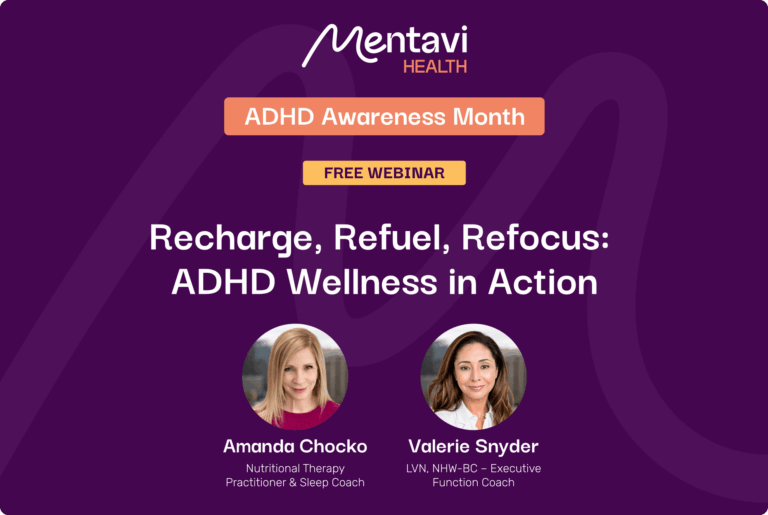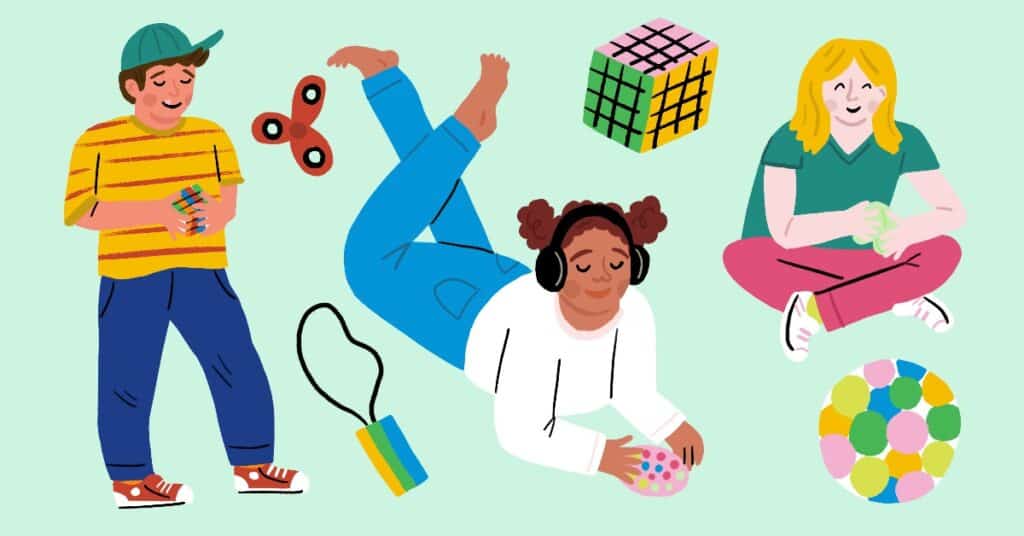
By Michelle Seitzer
Sit still! Stop moving! Don’t touch!
Anyone who spends time with kids who have ADHD has either said these words or heard them often.
Fidget toys can help in a variety of ways:
- When it’s hard to focus on a task — anything from completing homework to watching a movie — fidgets are a great way to reign in the brain.
- When anxiety is high, fidgets provide an outlet to keep a worried mind from unraveling.
- When all they want to do is move, channeling their busy body energy through a fidget is a great way to regulate.
Dana Bergey is a behavior analyst with over 14 years of experience who engages with many children with ADHD. “Fidgets can help kids sit longer by curbing the desire to get up and walk away,” says Bergey. And by channeling their physical and mental busyness into actively engaging with a fidget, kids may be able to focus on a task for a longer period, she adds.
Here’s what kids and parents have to say about their favorite fidgets and why they love them:
Pop Its!
Available in a spectrum of shapes and colors — and even as key chains for easy transport and loss prevention — Pop Its! (also known as pop sheets) are probably the year’s most popular fidget.
Tracy Whitney, a mom of six, says her daughter uses lots of different fidgets and “kind of rotates across the gazillion that she has stashed all over her room.” But right now, the pop sheets are her favorite. “She loves the colors and the soft rubber texture. She imitates the sound by popping her tongue in her mouth,” Whitney says.
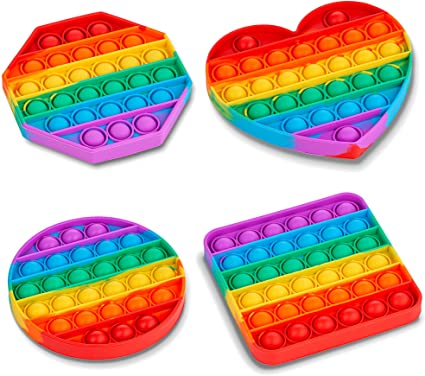
Chewy Necklaces
If your child comes home with pencils and pens that are chewed beyond recognition, it might be time to try a chewy necklace or key chain. Brynn Gutelius’s teen daughter says it’s her favorite because “it helps her focus and stay on task.”
If your child doesn’t want to wear a necklace, chewy pencil toppers are available.
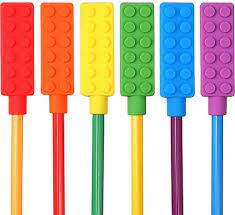
Stress Balls
One of the most common places where inattention and hyperactivity show up is in the classroom. It’s also a place where stress shows up, particularly for students who need constant redirection of energy or reminders to focus. Stress balls are a practical solution to these challenges.
Beth Ann Coleman, a mom of two, says stress balls are her daughter’s favorite fidget. “And it’s my favorite because it doesn’t make noise like Pop Its,” she adds, winking.
Marianne Toussaint, a mom of twins, says she heard that many students brought stress balls to school this year. This fidget is easy to store in a desk or pocket and doesn’t make distracting noises.
“I like stress balls because they’re squishy and that keeps me from not looking down.” – Mercy Miller, age 11
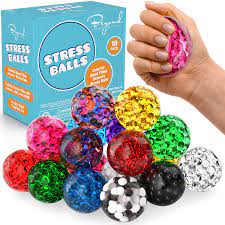
Fidget Cubes
The original fidget cube — the Rubik’s cube — is still popular with kids and adults. But if trying to solve the puzzle proves to be more frustrating than enjoyable, a number of fidget cubes are designed instead for poking, pulling, pushing and popping.
“I like the Rubik’s cube because my brain likes to solve it, even though I can’t solve it that much.” – Mercy Miller, age 11
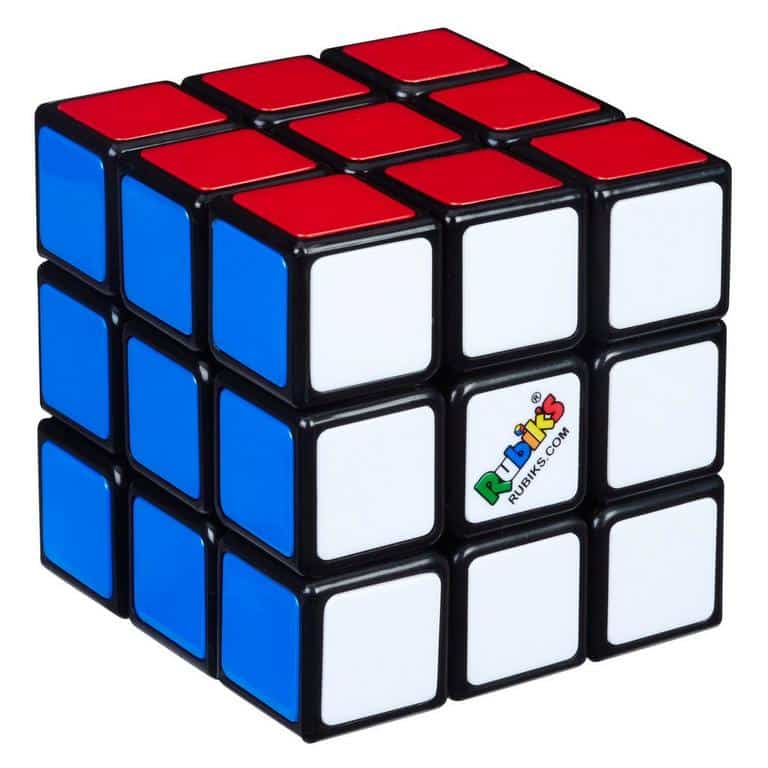
Putty
Slimy, sticky, sturdy, sparkly and everything in between, putty is a favorite fidget that has calming properties in addition to focusing busy hands. Mom of two Stephanie Dagger says her kids prefer “the kind that’s super thick and gives resistance.”
In our house, we love Crazy Aaron’s Putty because it doesn’t have a slimy feel, and it holds its shape even after multiple uses. Another bonus: If your child forgets to place it back in its storage tin, it won’t dry out.
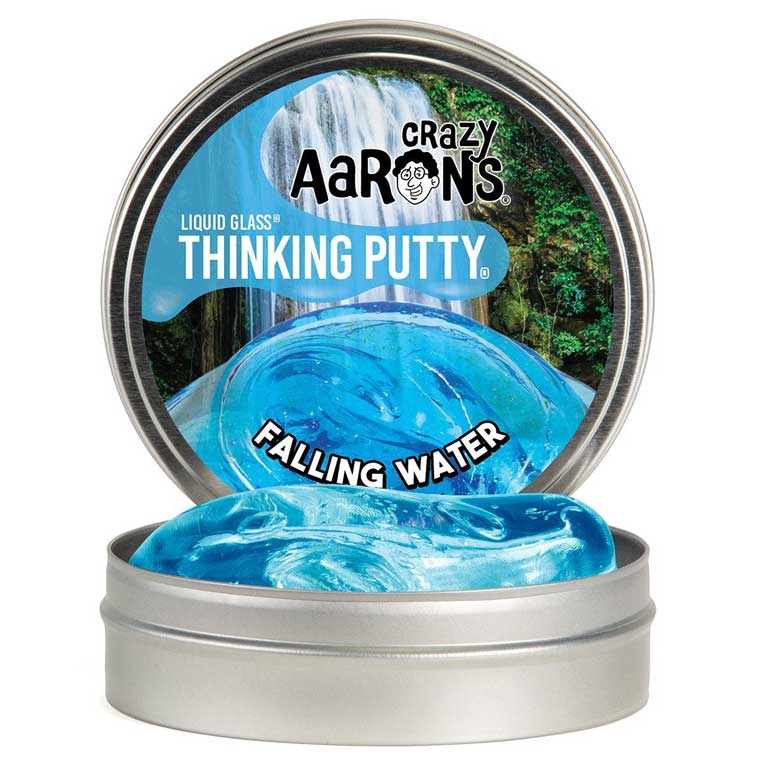
Out-of-the-Box Fidgets
Before there were fidgets, Diana Thorn, mom of four, recalls that some of her kids would twirl their hair. This harmless habit is something she did too, Thorn says. And still does.
Jennifer Milstead, a mom who is also an educator, says her daughter’s teacher puts Velcro underneath her students’ desks as a fidget. Tracy Whitney’s sensory-seeking daughter has a favorite baby doll whose feet and hands are threadbare from rubbing the fabric.
The bottom line is this: If an object gives your children comfort, a place for their nervous energy to rest or a task for their restless hands, that’s a fidget worth keeping around.
And behavior specialist Bergey recommends having an array of fidgets to cycle through, as the favorites should be switched out now and then. “When a fidget loses its novelty, kids may get bored with it or they lose the motivation to use it,” she explains.
“Also, different fidgets meet different sensory needs, which is why it’s important to have multiple options available — one they can pull, one they can squeeze, one they pick at, one they can spin,” Bergey says.
Ultimately you don’t have to spend much money — or any — to find a variety of fidgets for your child or teen with ADHD. Who knows? You might even find one that helps you when you’re feeling nervous, distracted or edgy, too.





